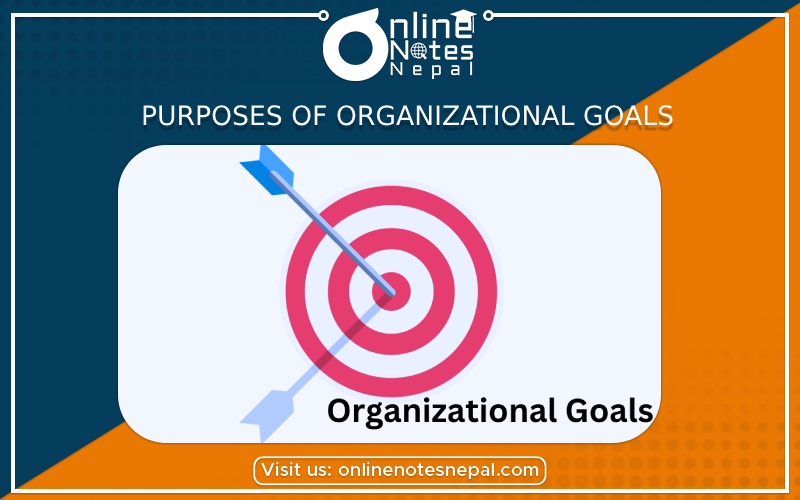Published by: Zaya
Published date: 13 Jun 2021

An organizational goal is the end-point toward which activities are aimed. It is the target or end that managers want to reach. Organizational goals are strategically set objectives that outline expected results and guide employees’ efforts. 3 types of organizational goals are strategic, tactical, and operational goals. Goals provide direction and serve as a reference point. Some organizational theorists distinguish between goals and objectives, some equate objectives with the mission.
Organizations set different goals for different areas more specifically different departments. An organization may have many departments within its structure; marketing, finance, operations, accounts, human resource, legal and more. Each department should have a different goal; which specifies the departments about their task but is in line with the whole organization’s goal.

It often used interchangeably, are the ends toward which activity is aimed. Goals are the desired outcomes for individuals, groups, or entire organizations. They represent not only the endpoint of planning but also the end toward which all other managerial functions are aimed. Effective goal setting promotes good planning and good planning facilities for future goal setting. Organizational direct their scare resources and energies into areas that will help them to attain their goals. Strategic goals are set by and for top management of the organization. Tactical goals are for middle managers to focus on the actions necessary to achieve goals. The operational goal is for lower-level managers to tackle shorter-term issues. Goals are critical to organizational effectiveness as they serve as an objective for the employees and they work to achieve it. Organizational goal differs in three different criteria; level, area, and time frame.